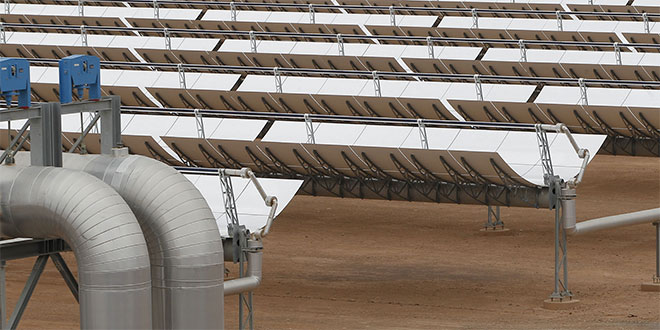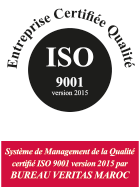Economic operators will need to be even more ingenious to seize the opportunities offered by the many projects underway in the field of energy transition. To do so, they will need to continue building competitive models.

This was the sine qua none of Leïla Benali, Minister for Energy Transition and Sustainable Development, at the 9th colloquium of Groupe X-Maroc (Moroccan Association of Alumni of Ecole Polytechnique ), colloquium held on Tuesday December 17 in Casablanca.
“ There’s no question of the energy transition being inflationary for Morocco. We have demonstrated this. Today, we are able to produce energy at less than 20 centimes per kwh ”, she declared, before adding that “ it is time to provoke this investment shock ” , which will be done in solar and wind power in particular, where Morocco plans to produce 7 GW by 2030 with investments of around 7 billion euros.
In fact, Leïla Benali is calling for the drastic reduction in the cost per KWh recorded in photovoltaic solar energy, thanks to major technological innovations, to be transposed to other clean energy sources such as wind power and green hydrogen, for example. This will require major investment in R&D and innovation, and the ability to set up competitive business models.
The stakes involved in the energy transition are enormous, and Morocco is not the only country to have chosen the path of energy development to underpin its economic and social development. It has several competitors in North Africa and the MENA region. To attract investors in droves, the country therefore needs to demonstrate ingenuity, which is no mean feat, even though the Kingdom has many assets in this field: an enviable geostrategic position, immense solar and wind resources, modern transport infrastructures, political stability, and human resources capable of driving this type of project in particular. Through this symposium, the X-Maroc Group, chaired by Jamal Eddine M’Hamdi, aims “ to fuel the debate on the Kingdom’s energy challenges and provide innovative, pragmatic solutions for a successful energy transition”.
A white paper compiling the ideas, recommendations and proposals arising from the discussions and reflections at the symposium will be published shortly.
Aziz DIOUF


























